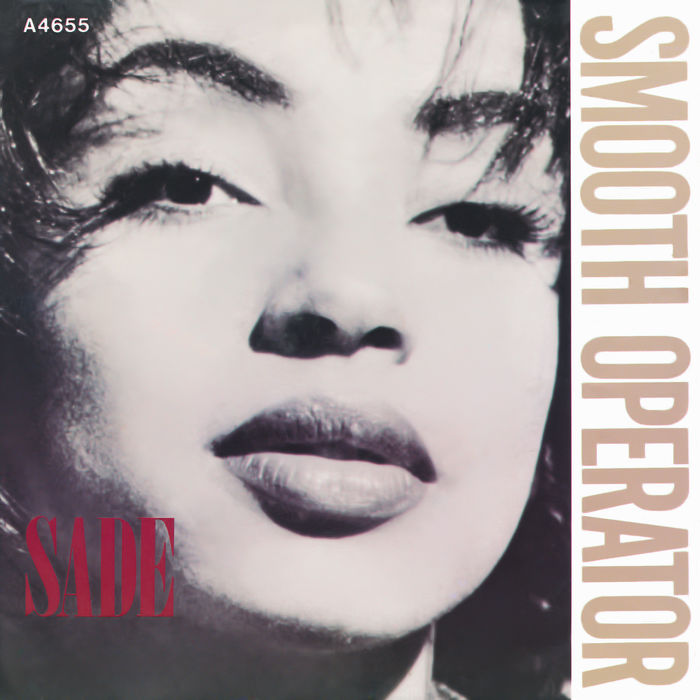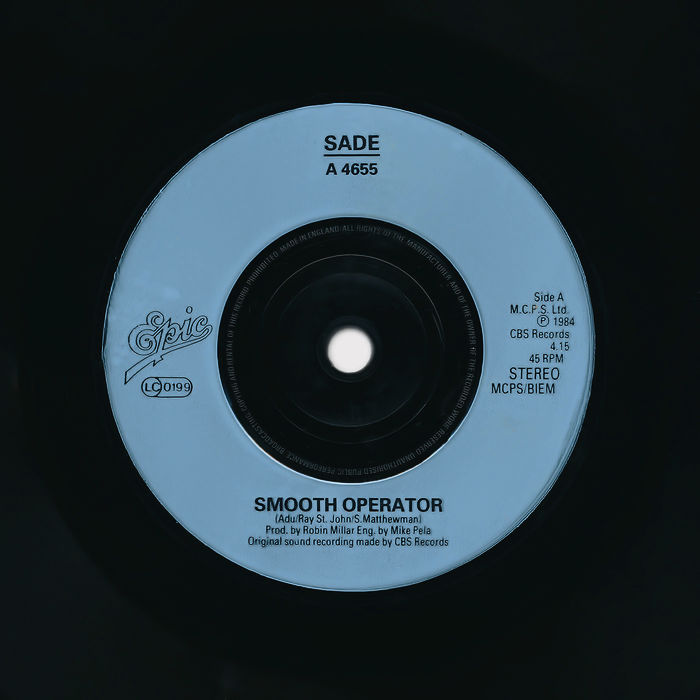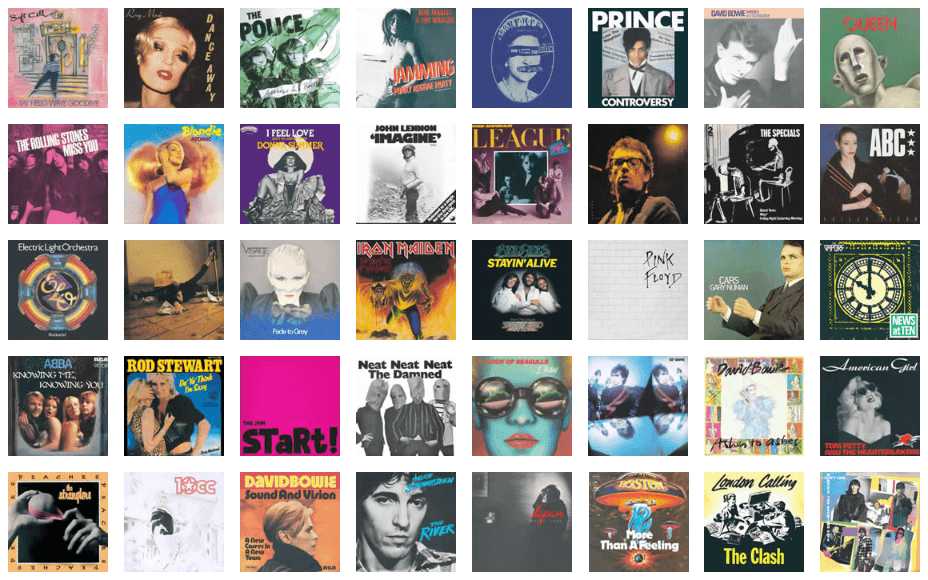The Story Behind The Song
April 1983. A striking face overlayed with blue geometric lines appears on the front cover of trend-setting i-D magazine. It's an African woman, her black hair scraped back from her forehead. She's smiling and winking, the characteristic expression of every face that adorns the prestigious cover. "The issue was a turning point for i-D," explains former editor Dylan Jones. "This was not only Sade's attempt at going for the big time, it was ours too."
It certainly worked for the Nigerian-born singer. A hastily arranged gig at the Heaven nightclub in Charing Cross to capitalise on the publicity attracts massive queues. Invited press and record label representatives see Sade perform and less than six months later she signs a contract with CBS. Prior to the gig, she had been rejected by every label she approached because her jazz 'n' soul songs were deemed to be out of step with the drum-machine zeitgeist, but she wasn't fazed. Producer Robin Millar recalls: "Her attitude was we don't need to change the music; we just need to change how cool we are and then the music will be fine. We need to become more visible." The magazine cover provided the visibility and the launch pad for global stardom.
The playlist that night included only three original songs - Hang On To Your Love, Your Love Is King and Smooth Operator - all of which were included on the debut album, Diamond Life. The standout song, however, was Smooth Operator. The combination of the evocative and well-written lyrics, Sade's warm vocals and the jazz-club vibe make it a superlative song of the 1980s.
The song begins with a spoken introduction, establising the song's protagonist as a sophisticated playboy moving in high society to fund his lavish lifestyle. The lines "Placing high stakes making hearts ache" and "He's loved in seven languages" beautifully portray our lothario for whom seduction is not limited to a single culture and nationality, and whose goal is to extract the most money and material gain from his victims.
There's not a poor or contrived lyric in the entire song. The first lines "Diamond life, lover boy We move in space with minimum waste and maximum joy' elegantly convey the sheer efficiency of the playboy's high life - there are no wasted moments, everything directed to the seduction of his victims. Similarly, in the chorus, "Coast to coast, LA to Chicago, western male Across the north and south, to Key Largo, love for sale" evokes his hectic, jet-setting lifestyle.
Arguably the best line is "A license to love, insurance to hold" because it conveys much with few words. It echoes another sophisticated playboy, James Bond and his license to kill; similarly, the undoubted suave looks and charm of our protagonist give him carte blanche to seduce woman. Typically we insure against something unwanted occurring, and "insurance to hold" suggests that even if a woman fails to fall in love, he will still seduce her, and this is sufficient to extract something material out of the relationship. This is confirmed by the second line of the rhyming couplet: "Melts all your memories and change into gold".
Sade's distinctive voice is like great coffee - mellow, sweet with a rich finish, and addictive. Surprisingly, it is not note perfect. "Sinatra used to sing slightly flat all the time, and so did Sade – that's what gave her that melancholic sound," Millar explains. "Mind you, it doesn't seem to affect sales." It certainly doesn't. On the back of Smooth Operator, Diamond Life was a Top 10 hit throughout Europe and sold more than 10 million copies worldwide.
Just as important as the song was the promotional video, directed by Julien Temple, who also directed Poison Arrow by ABC, among many others. It showcases Sade's beauty and charisma, but interprets the song differently. The playboy (played by Michael Feast) is a more obvious criminal, a pimp, who even shows a gun to an interested punter in one scene. In the extended version, a chase ensues and the not-so-smooth operator is shot and falls to his death, echoing final line of the spoken introduction, "Heaven help him when he falls."
Exactly a year after her appearance on the cover of i-D as an unknown artist, Sade adorned the cover of Face magazine as a rising star. Nothing had been left to chance. Leveraging her skills in fashion and creative writing, each photo shoot and interview projected brand Sade. She was cool and sophisticated, like her lyrics, and beautifully different, like her timeless, soulful music that will always be played. Her striking looks had launched her career but her talent sustained it. And for a pop star who has reached such highs of success, shifting 50 million records worldwide, Sade has maintained a remarkably low profile, shying away from the harsh limelight of fame.
A smooth operator indeed.
We hereby instate Smooth Operator by Sade on The Wall as No.10 Best Single of 1984
Despite the predominance of superlative synth pop songs this year, there is also enough great music in other genres to keep connoisseurs happy. Smooth Operator is surely an exemplar.Ant B




